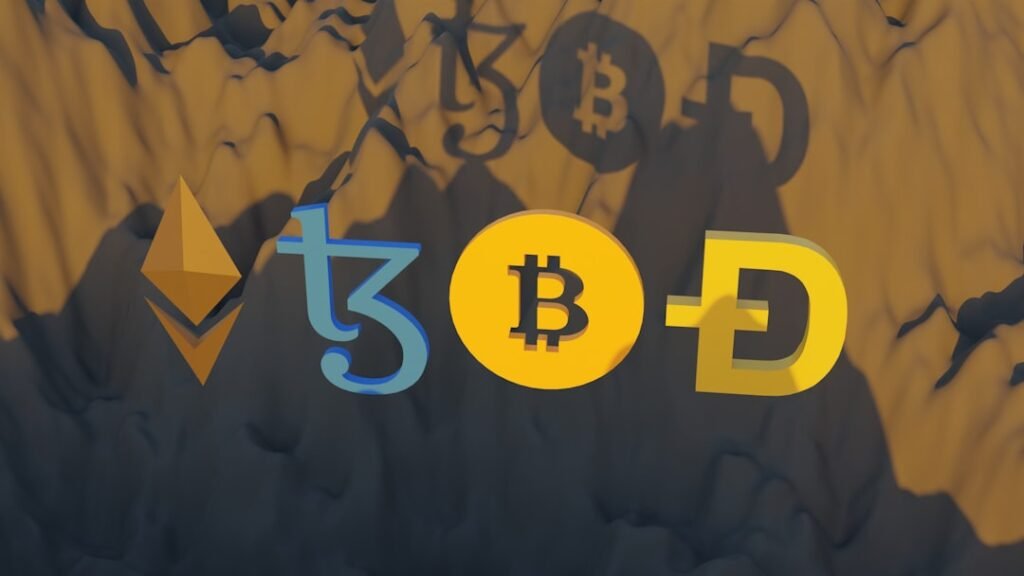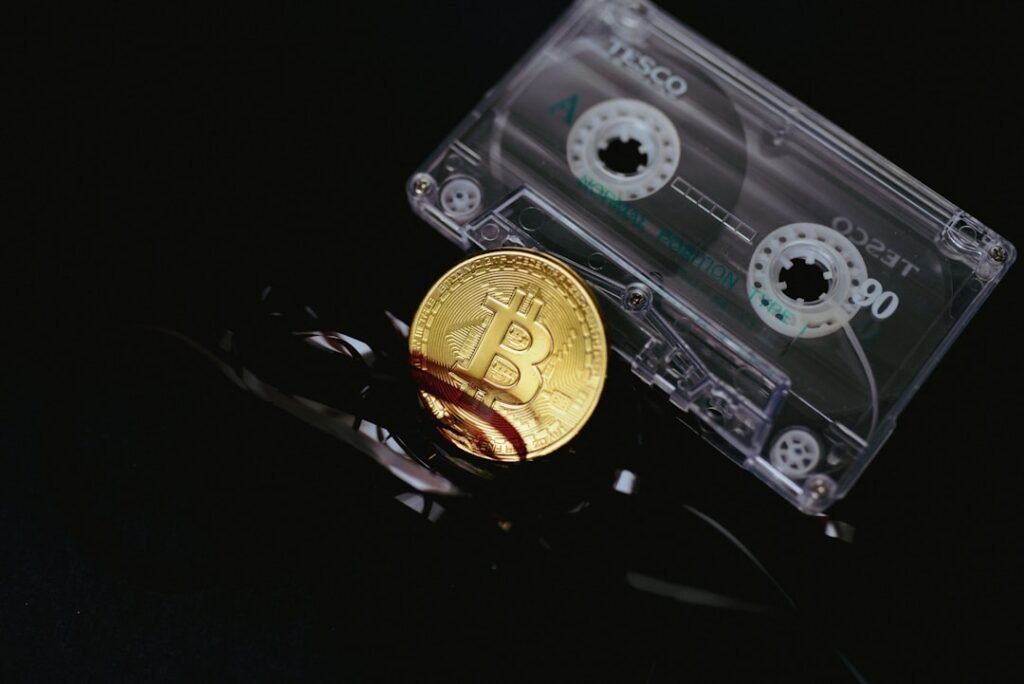A decentralized exchange (DEX) is a peer-to-peer marketplace that enables users to trade cryptocurrency directly with one another, without the need for a centralized intermediary. Unlike traditional exchanges, which act as custodians and facilitate trades on behalf of users, a DEX operates through a set of 智慧合約—autonomous programs on a blockchain that execute trades seamlessly.
Key Clarification: Why Call Them “Exchanges”?
Although they’re termed “decentralized exchanges,” DEXs differ significantly from conventional exchanges. Instead of matching orders and holding custody of funds like centralized exchanges, DEXs use smart contracts to facilitate direct peer-to-peer crypto swaps. The term helps distinguish these platforms from their centralized counterparts, but it’s crucial to understand the underlying differences.
Popularity of DEXs
Decentralized exchanges are among the most widely used on-chain applications. They are primarily leveraged for crypto-to-crypto asset swaps and play a significant role in the decentralized finance (DeFi) ecosystem.
Centralized vs. Decentralized Exchanges
While both centralized and decentralized exchanges allow users to trade cryptocurrency, they function in fundamentally different ways. Let’s break down the key differences:
Centralized Exchanges (CEXs)
- Custody: Centralized exchanges hold custody of users’ funds and assets during transactions.
- Curation: They curate the list of tradeable assets, often limiting the token selection.
- Daily Limits: Centralized platforms may impose trading volume caps on individual users.
- Intermediary Role: CEXs act as intermediaries, executing trades on behalf of users.
Decentralized Exchanges (DEXs)
- User Autonomy: DEXs do not custody user assets. Swapped tokens are sent directly to the user’s wallet.
- Broader Token Selection: They offer a wider range of tokens compared to centralized platforms.
- 智慧型契約: Crypto-to-crypto swaps are executed through smart contracts, eliminating the need for intermediaries.
- Unlimited Volume: DEXs typically do not impose limits on trading volume.
- Blockchain Support: Many DEXs support multiple blockchains, offering greater flexibility for users.
These differences highlight the unique advantages DEXs provide, offering users more control, autonomy, and access to a broader crypto landscape.
Benefits of Using a Decentralized Exchange (DEX)
Decentralized exchanges appeal to a wide range of users, from individual traders to institutional investors, due to their distinct advantages:
- Extensive Token Variety:
DEXs support a wide selection of tokens, including niche and emerging assets. In contrast, centralized exchanges often restrict listings to a curated set of tokens. - Full Asset Custody:
Users retain complete control over their funds. Swapped assets are sent directly to the user’s wallet, ensuring no reliance on intermediaries. - 多鏈支援:
Many DEXs support multiple blockchains, allowing for cross-chain swaps and access to a diverse ecosystem of assets. - Uninterrupted Access:
Because DEXs are powered by smart contracts, they don’t experience the outages or downtime that centralized platforms might face.
These benefits have fueled growing interest in decentralized exchanges. By 2024, DEX trading volumes have steadily increased, reaching billions of dollars in daily swaps.
How to Use a DEX to Swap Crypto
Swapping crypto on a decentralized exchange is a straightforward process. Here’s a step-by-step guide:
- Set Up a Wallet:
Ensure you have a crypto wallet with the assets you want to swap and enough blockchain-native tokens (e.g., ETH for Ethereum-based DEXs) to cover transaction fees. - Choose a DEX:
Select a decentralized exchange platform. Popular options, like the Uniswap Protocol, offer easy-to-use web interfaces and mobile apps. - Follow These Steps to Swap:
- Connect your wallet to the DEX platform.
- Select the token you want to swap (input token).
- Choose the token you want to receive (output token).
- Enter the amount you wish to swap.
- Confirm the transaction and wait for the smart contract to execute the trade.
For a more detailed walkthrough, refer to our comprehensive guide to crypto swaps.
Why DEXs Represent the Future of Crypto Trading
Decentralized exchanges are transforming the crypto trading landscape by prioritizing user control, transparency, and accessibility. With billions of dollars traded daily and increasing adoption, DEXs are at the forefront of the decentralized finance revolution. Whether you’re a casual trader or an institutional investor, the autonomy and flexibility offered by DEXs make them an essential tool in your crypto journey.










